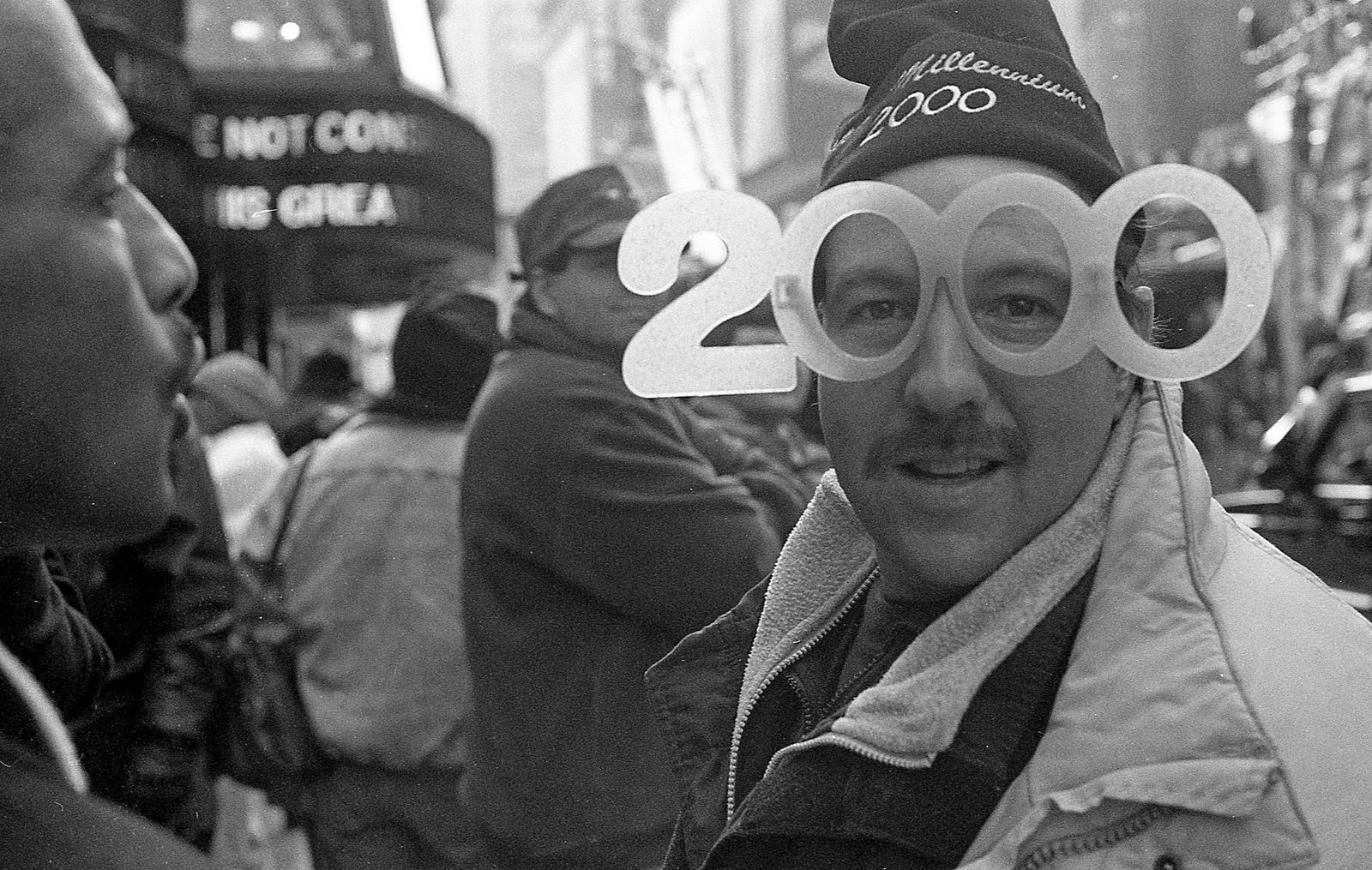
Here Comes The Year 2000
The end of the 1990s was thrilling — we were about to leave one century behind and step boldly into a new millennium. But a shadow was hanging over us alongside the excitement of flying cars and robot-filled futures: the Y2K bug. As the year 2000 approached, this mysterious glitch became the subject of dinner table conversations, sensational news reports, and even late-night talk show jokes. But underneath the humor was genuine concern. Were we on the brink of a tech-driven apocalypse? Governments, businesses, and everyday people scrambled to brace for what could have been a disaster of unprecedented proportions. This is the story of how a technical glitch — the so-called “Millennium Bug” — gripped the world in fear and left everyone holding their breath as midnight struck on December 31, 1999.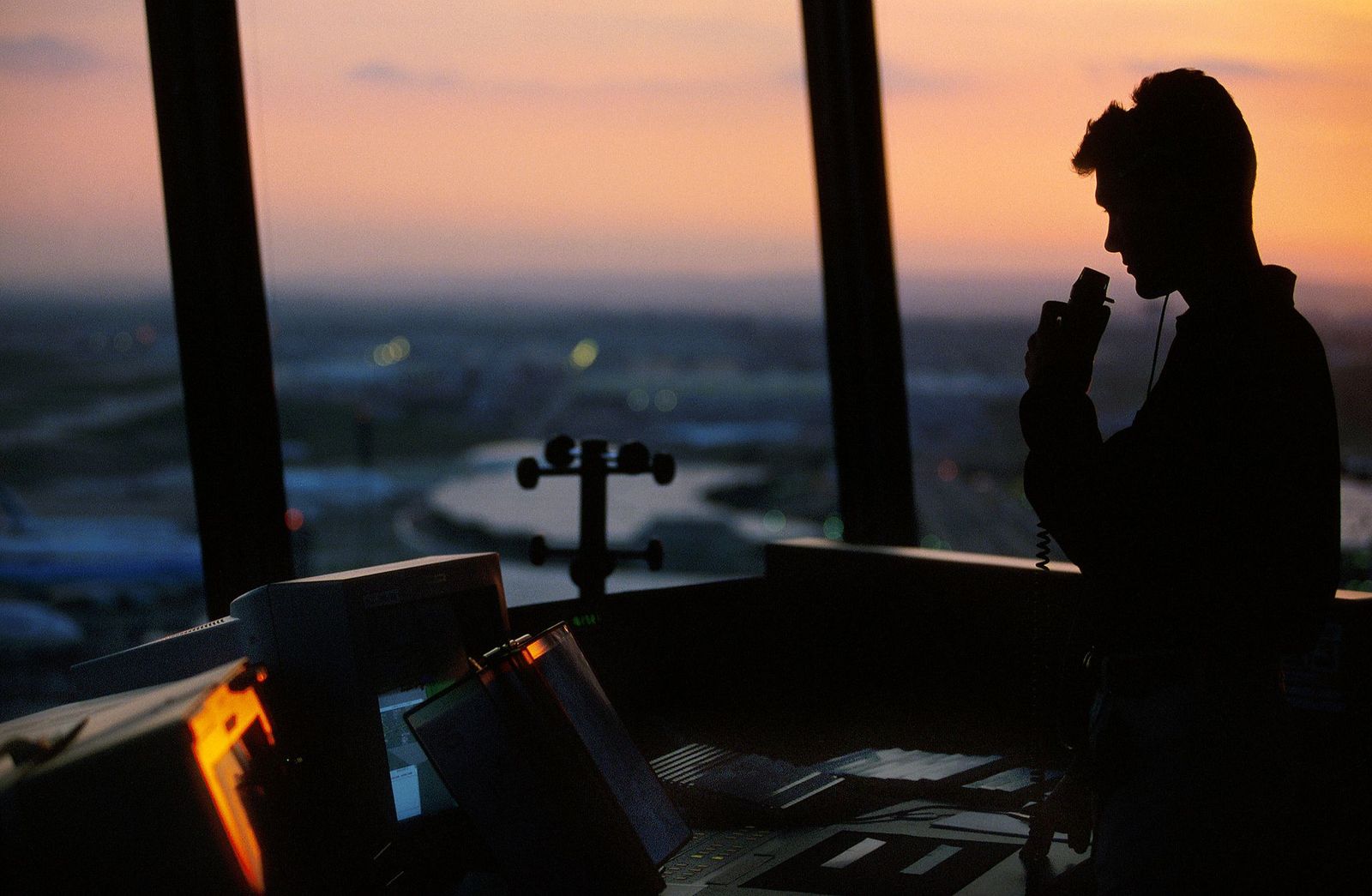
What Was the Y2K Bug, and Why Did It Scare Us?
The Y2K bug (short for “Year 2000 bug”) wasn’t some sci-fi virus infecting computers but a simple programming oversight that had the potential to cause chaos. In the early days of computing, storage was expensive, and coders used a shortcut: they shortened the four-digit year to just two digits. So, instead of writing “1999,” they wrote “99.” Seems harmless enough, right? As 2000 drew nearer, it became clear that when systems encountered “00,” they might think it was 1900 instead. And this was no small issue. Every computer system relies on accurate date tracking, from your bank’s records to air traffic control. The concern? Planes might stop flying, stock markets crash, and nuclear power plants go haywire. Cue the global panic. It felt like everyone — from governments to small businesses — was trying to get ahead of a ticking time bomb hidden in their software. Suddenly, the dawn of the millennium wasn’t just about parties and champagne; it was about making sure the lights stayed on and your ATM still worked.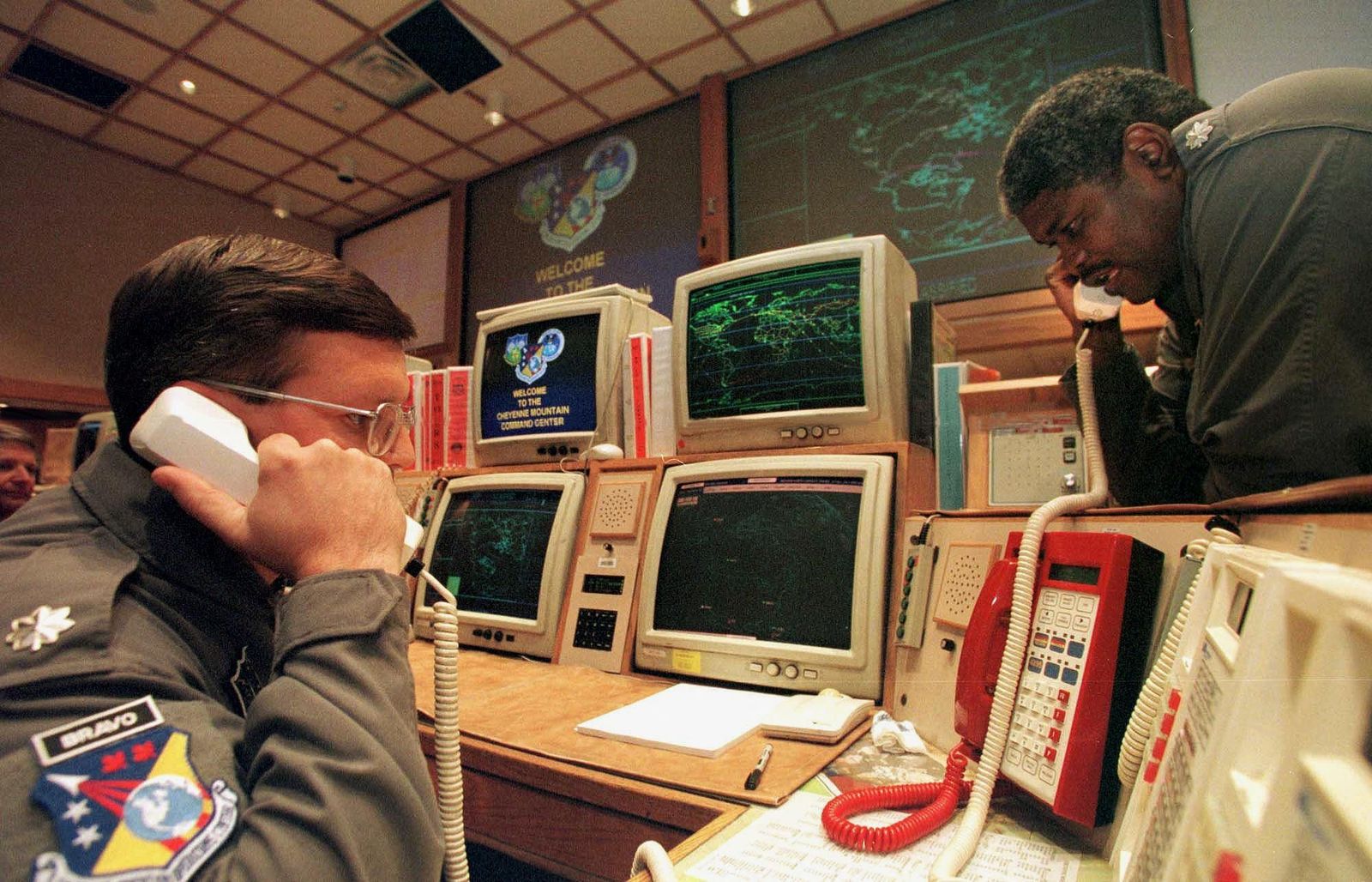
Prepping for Disaster
As the year 2000 inched closer, the world went into overdrive. Governments around the globe funneled billions into emergency Y2K task forces. In the U.S., the government launched a special team called the President’s Council on Year 2000 Conversion to ensure federal systems wouldn’t break down. Programmers everywhere became the unsung heroes of the moment, working furiously to check and update millions of lines of code. Businesses followed suit, pouring money into hiring IT experts to prevent potential disasters.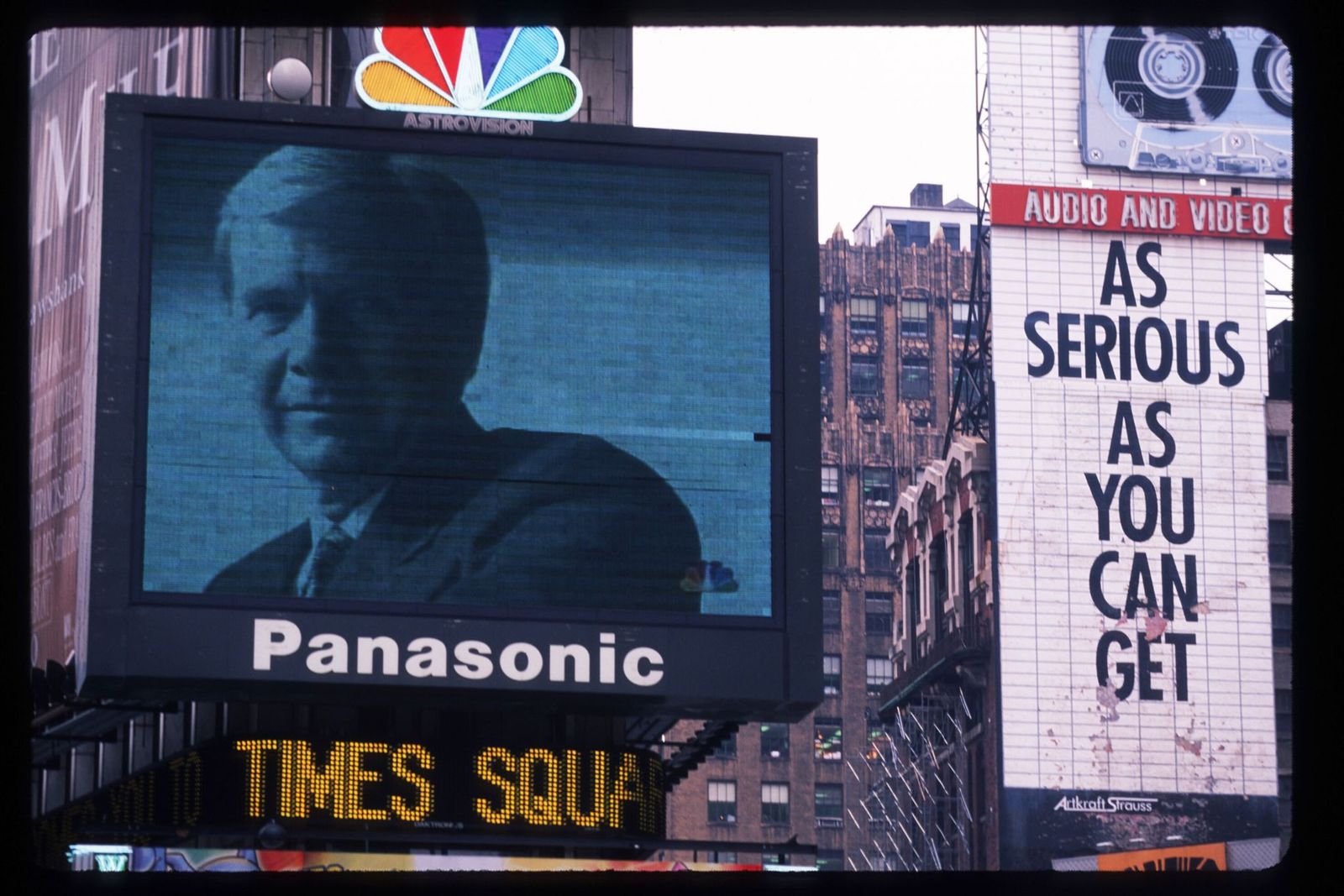
The Media Goes Into Overdrive
Meanwhile, the media fanned the flames. The evening news was filled with doom-and-gloom reports, warning that power grids could fail, financial systems might crash, and even defense systems could go offline. In the U.K., Australia, Japan, and beyond, countries scrambled to ensure they wouldn’t be left in the dark, literally and figuratively, come midnight.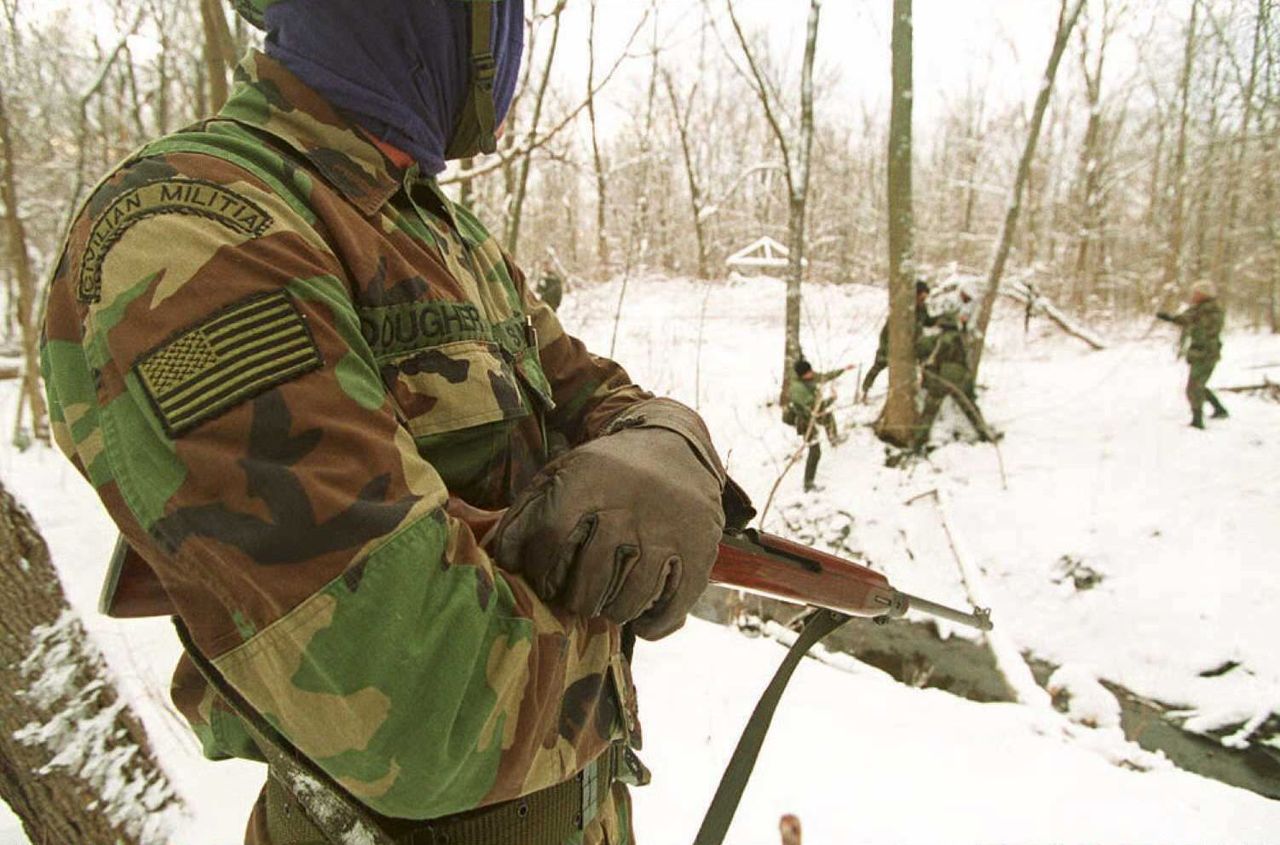
Everyone Became A Prepper
As we entered the final months of 1999, survivalist culture exploded. Families stockpiled canned goods, water, flashlights, and batteries, preparing for a tech Armageddon. Some people withdrew large sums of cash just in case the banks went down. Remember the Y2K shelves in grocery stores? Entire aisles were dedicated to emergency supplies. Even the most optimistic among us had a “just in case” stash tucked away.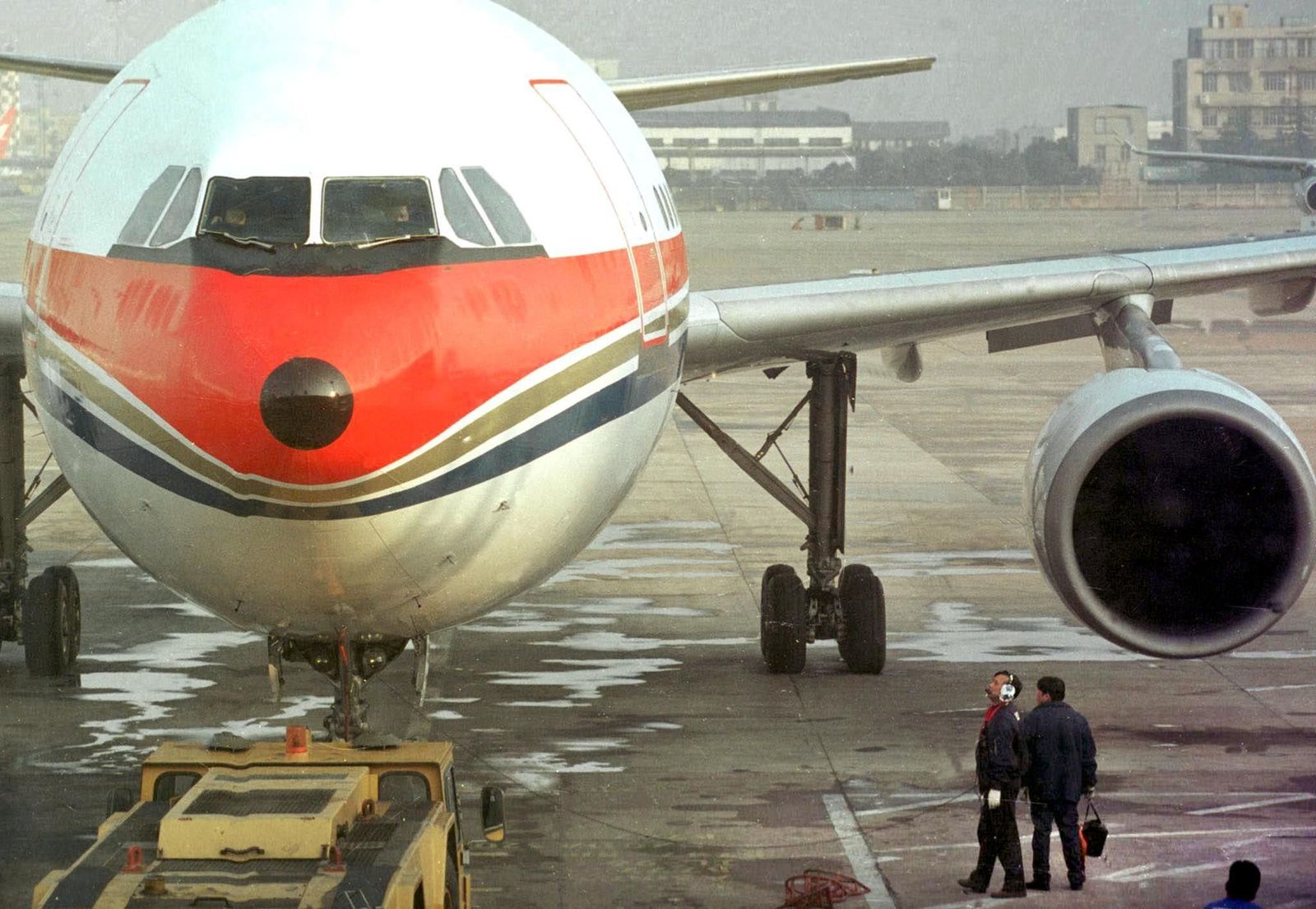
Countdown to Midnight
As New Year’s Eve 1999 approached, you could almost feel the tension in the air. People joked about the Y2K bug, but there was an underlying sense of nervousness. Would planes fall from the sky at midnight? Would electricity grids across the world suddenly flicker out?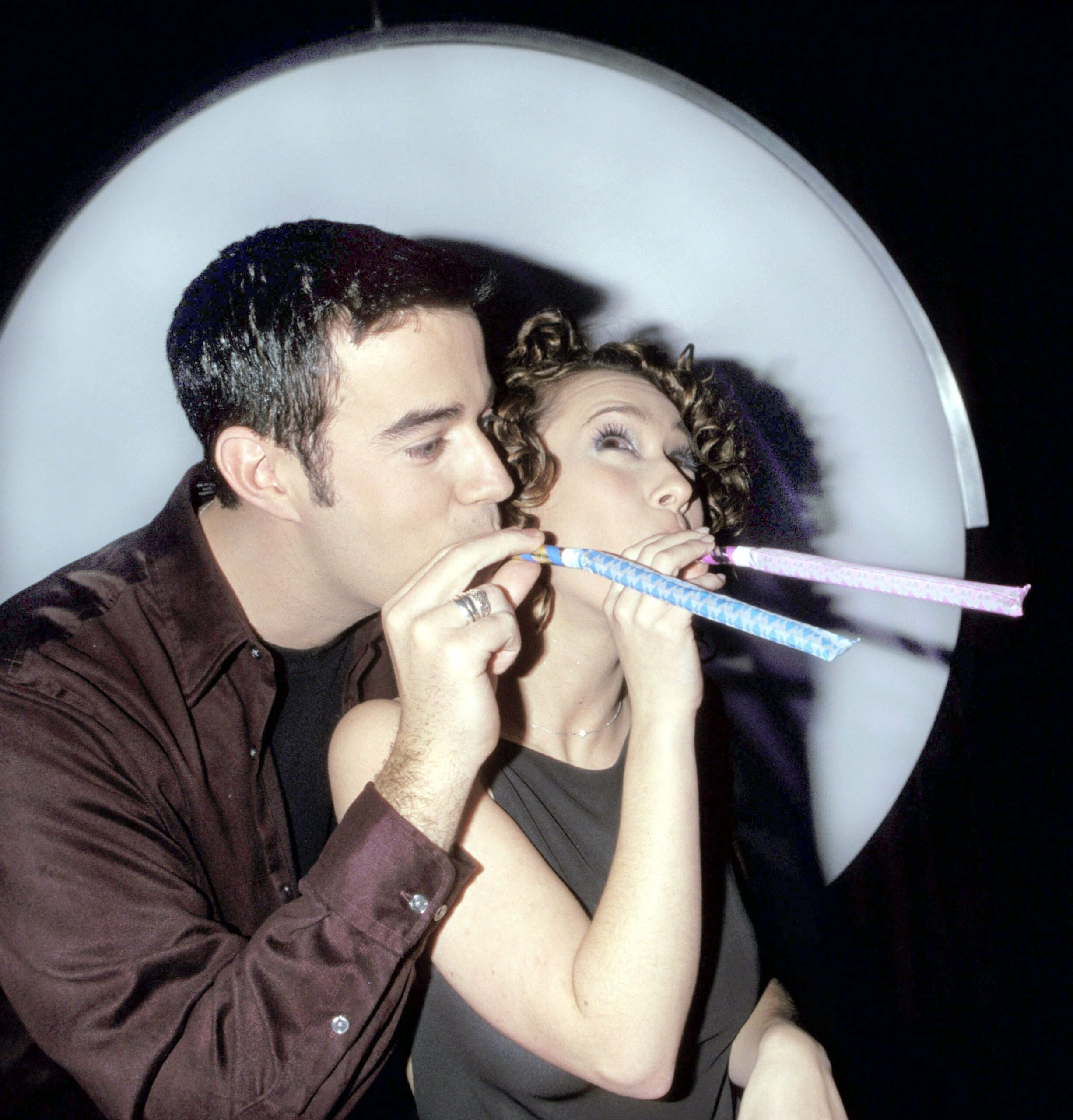
Everyone Anticipated The Worst
We all remember the excitement of ringing in the New Year, but there was an added layer of suspense this time. In homes across the globe, families gathered not just to celebrate but to check their computers, anxiously watching to see if everything would go dark. I remember people breathing sighs of relief as they saw their clocks roll over to “2000” without a hitch.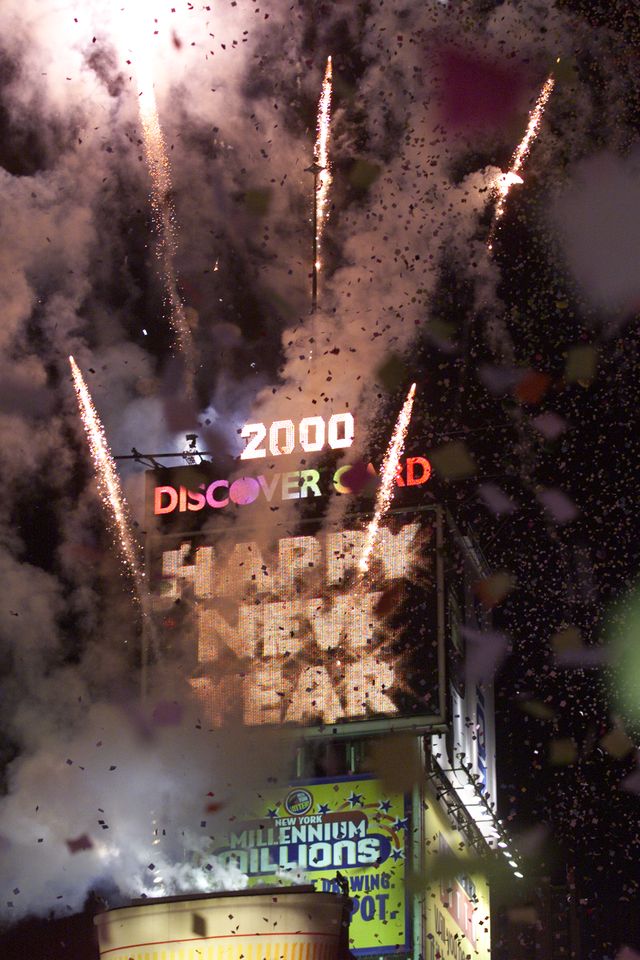
So This Is The New Year
So, what happened when the clock struck midnight? For most of us, absolutely nothing. Thanks to months of preparation and the tireless efforts of IT professionals, the Y2K bug was effectively squashed. Computers didn’t crash, planes didn’t fall, and bank accounts remained intact. There were some minor hiccups — a few systems in countries like Japan and the U.K. experienced glitches, but nothing close to the doomsday scenarios we’d been warned about.
Was It All Overblown or a Victory for Tech?
Looking back, some argue the Y2K panic was an overreaction. With so few issues cropping up, it was easy for the general public to shrug it off as media-fueled hype. But that doesn’t tell the whole story. In reality, billions of dollars and countless hours went into fixing the problem before it became one. In many ways, the smooth transition into 2000 was a victory for the tech world — a moment when the potential disaster was averted, not because the problem wasn’t real, but because people worked hard to prevent it.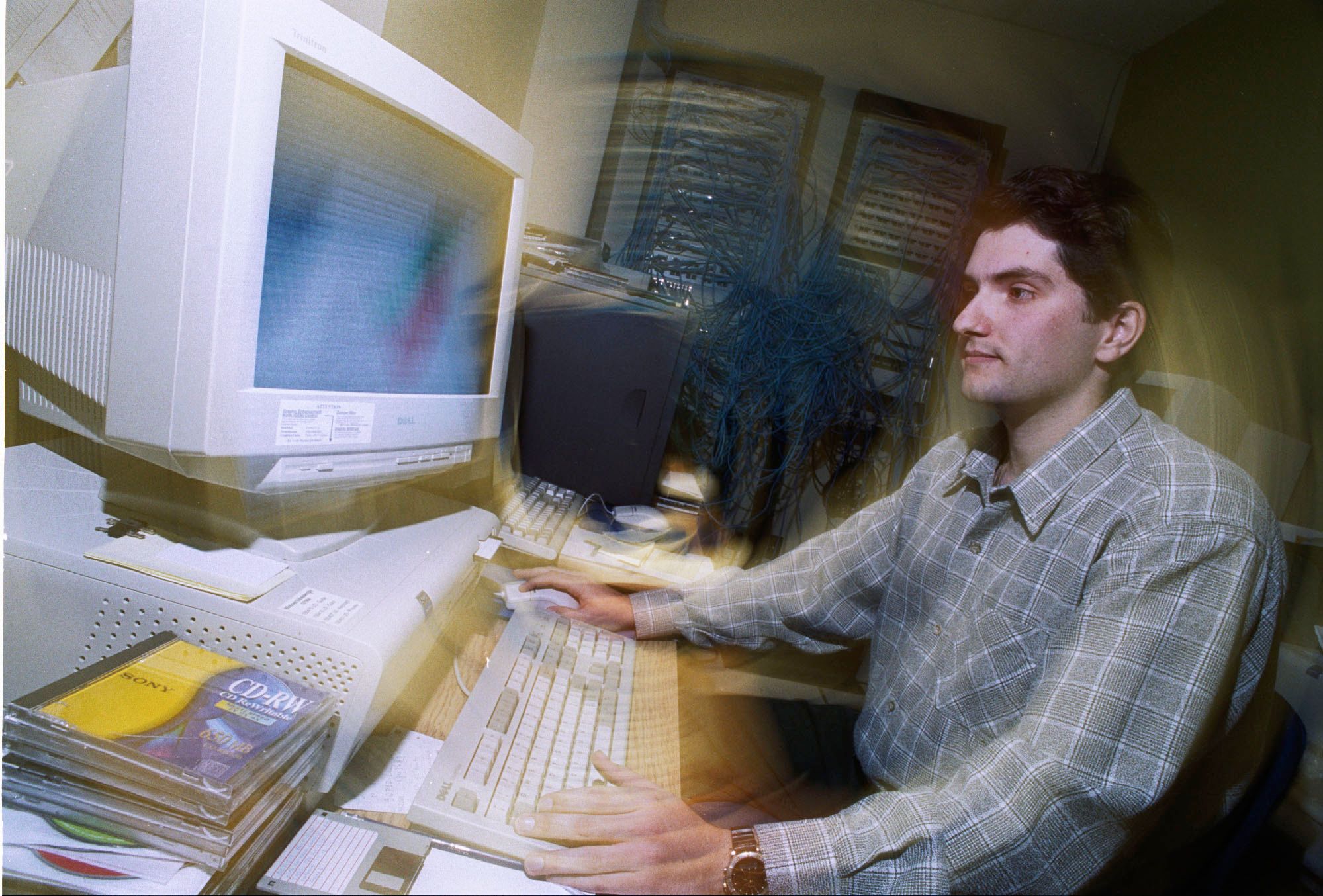
A Major Wakeup Call
The Y2K bug also changed the way we think about technology. It served as a wake-up call that our digital infrastructure is vulnerable, especially when it’s built on decades-old systems. Today, our reliance on tech is even greater, but Y2K taught us the importance of maintenance, updates, and, yes, a healthy dose of caution when it comes to potential bugs.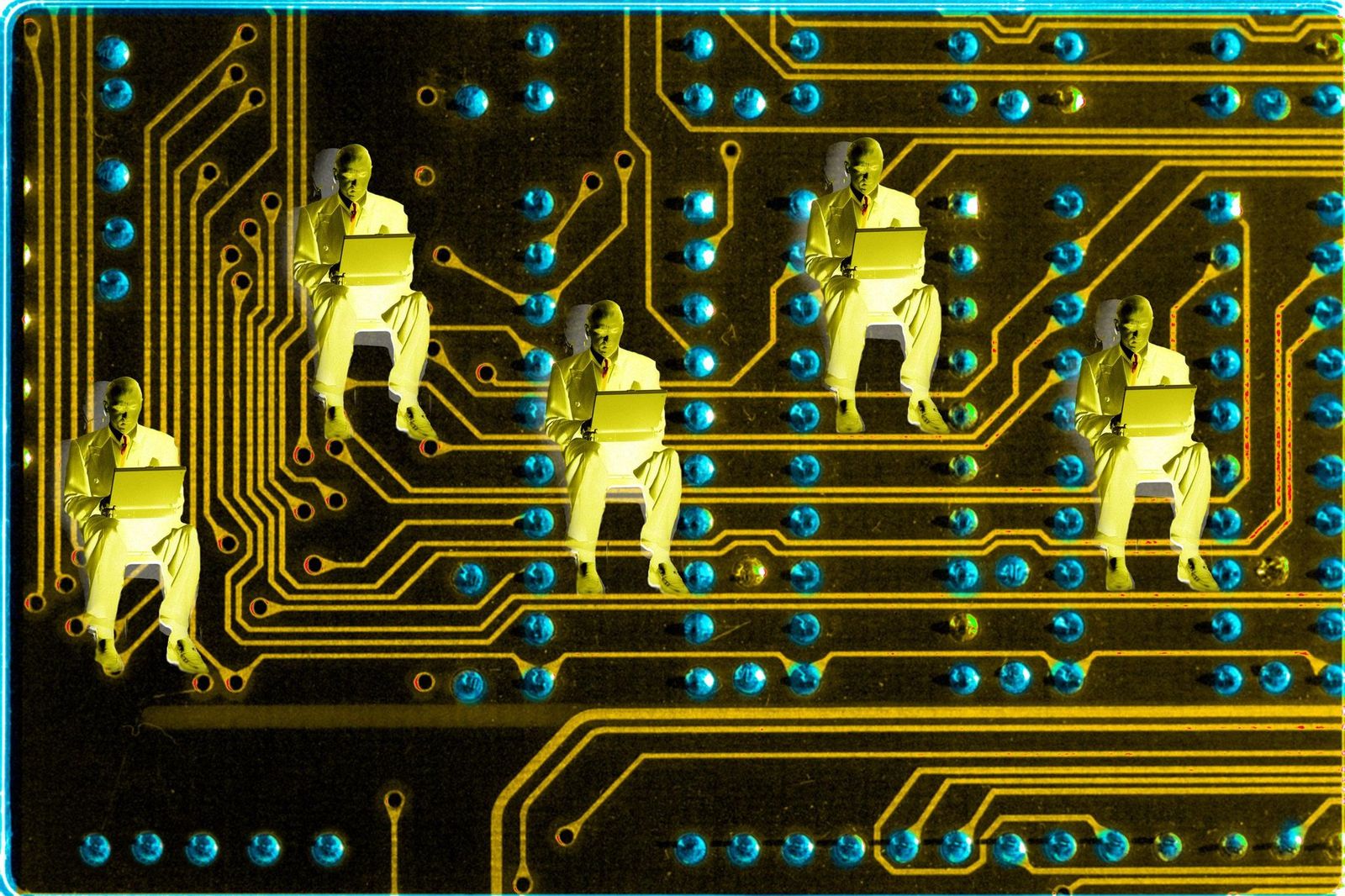
The Millennium Bug Was Snapshot of the 90s in All Its Cyberpunk Glory
Y2K panic feels like such a quintessentially 90s moment — a time when the future felt both thrilling and a little scary. It was an era when the internet was just becoming part of everyday life. Yet, we didn’t entirely trust our technology enough to believe it wouldn’t all go wrong at the drop of a hat. We were still learning how to balance this new digital frontier with the analog world we grew up in. Ultimately, Y2K was more of a lesson than a disaster, but it certainly left its mark on history. So, the next time you log into your bank account or book a plane ticket without worrying if the world will stop spinning, give a little nod to the programmers of the late 90s who kept the world running as the new millennium dawned.
